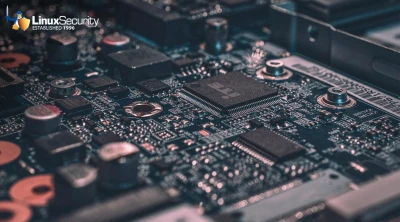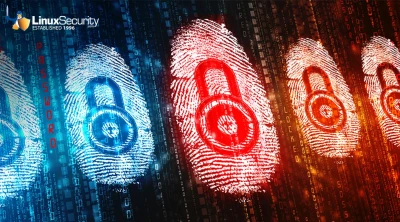Linux admins,
While Linux is generally more resilient to malware and viruses than Windows and MacOS, our Linux devices and servers are no longer immune to these malicious threats. Thus, we Linux admins must learn to protect and future-proof our servers with a holistic approach to security and hardening.
In other words, we can’t just rely on antivirus and hope we're safe. Today, I'll share tips you can implement to secure your servers against malware, viruses, and other persistent threats.
Read on to learn:
- Modern threats to Linux server security.
- The role of antivirus in securing Linux servers.
- Comprehensive strategies for robust server security.
We also share our top malware-scanning tools for Linux.
Please share this newsletter with your friends to help them gain critical Linux security insights. Is there a Linux security-related topic you want to cover for our audience? We welcome contributions from passionate, insightful community members like you!
Yours in Open Source,

The Future-Proof Server: Antivirus and Beyond for Linux Admins
Linux servers are a far more dominant force in the industry than people give them credit for. Sure, many personal computers run on Windows, but Linux is the operating system behind roughly 81% of all the websites. One reason for this is that it’s more resilient to the majority of threats that most of their counterparts face. While Linux is generally more resilient to viruses, these devices and servers almost always exist on the same network as devices using other systems. So, even though they cannot suffer the brunt of the attack, they can spread viruses and malware to other devices in the network. This is why Linux admins must learn to protect and future-proof their servers. You can’t just slap an antivirus like a flex tape and hope you’ve solved all the problems. Your approach needs to be far more holistic than that. I’ll provide tips admins can implement to secure their servers against malware, viruses, and other malicious threats. |
The Three Best Tools You Need to Scan Your Linux System for Malware
While Linux servers are already highly secure by default, there are extra steps you can and should take if you do have a Linux server instance running. As with any system, vulnerabilities still exist and can wreak havoc if proper prevention and security best practices are not implemented. Of course, the most well-known and essential security tip people will tell you is to keep updated with updates and security patches. (As we all should!) However, this will only do so much. Linux, being amongst one of the most widely implemented and deployed operating systems, makes it an attractive target for cybercriminals trying to steal your information, install malicious files on your system, and even try to run malicious scripts to take control of your system. We examine the growing importance of using a Linux malware scanner and our favorite tools for malware scanning. |















